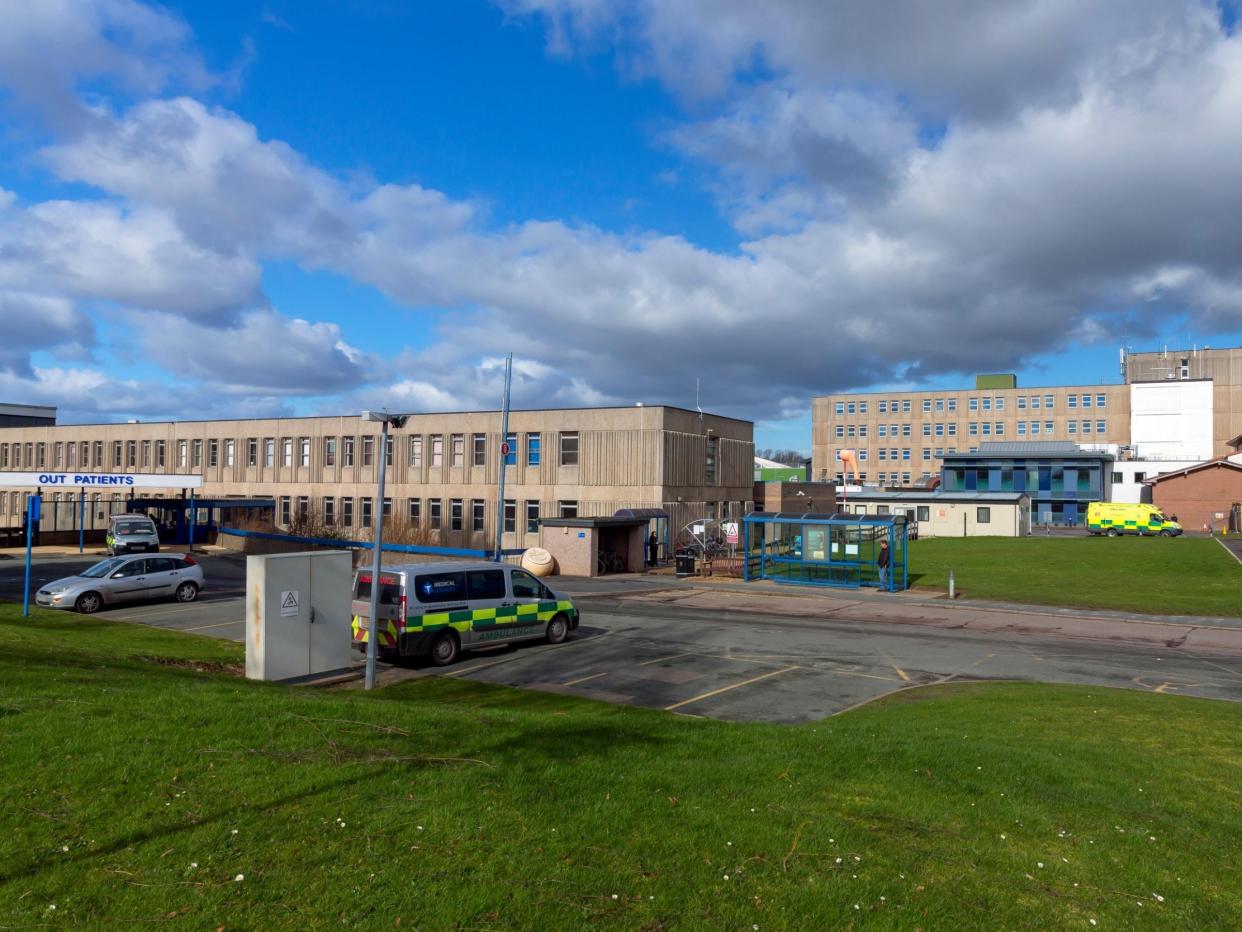The Morecombe Bay scandal took my baby’s life – history has repeated itself and the NHS must act now

In March 2015, the Morecambe Bay investigation, chaired by Dr Bill Kirkup, published its report into serious failures in care that led to the avoidable deaths of 11 babies and a mother at Furness General Hospital (FGH) between 2004 and 2012. One of the babies that died was my own son, Joshua.
The report described a seriously dysfunctional maternity unit where certain midwives pursued an “over-zealous” approach to promoting “normal” childbirth, relationships between doctors and midwives was poor, midwifery practice fell well below acceptable standards and, unforgivably, instances of avoidable harm and death were covered up – meaning lessons were not learned and similar failures were repeated year after year.
The report detailed how opportunities to intervene at Morecambe Bay were missed at all levels and how the families who raised concerns were treated as problems to be managed, rather than voices that needed to be heard. More than four years later, it is both tragic and distressing to read about the litany of failures identified in the leaked interim report into care at Shrewsbury and Telford Hospital Trust (SaTH). Far from events at Morecambe Bay being a “one-off”, it is now painfully clear that not only have similar failures in care occurred elsewhere, but that they have happened on an even larger scale.
Worryingly, the reason why we are reading about these issues now isn’t because the regulatory system identified a problem and called for further scrutiny, but rather because of the extraordinary efforts of bereaved families. When baby Kate Stanton-Davies died in 2009 following serious failures in case at SaTH, despite every possible obstacle being put in their way, Kate’s parents Richard and Rhiannon never gave up on fighting for the truth. Instead of being cared for compassionately and supported to grieve and heal, Kate’s parents have been forced to endure endless agonising processes, often being met with obfuscation. It would be hard to imagine a crueller response, yet this sadly is how the NHS – our beloved and much cherished intuition that most of the time does so much good – often treats the patients and families it lets down.
The interim report into problems at SaTH details distressing accounts of deeply insensitive responses and an absence of basic human empathy. But in understanding why so many investigations into healthcare failures are characterised by the same themes, we need to recognise that a fundamental problem exists that is systemic. Safe maternity care is dependent on all professionals in the maternity team working together effectively. At Morecambe Bay, the working relationship between doctors and midwives became strained and dysfunctional and an inappropriate focus on promoting “normal” childbirth developed that put the lives of mothers and babies at risk.
There has been fierce denial by some elements within the midwifery community that this could be an issue affecting maternity safety more widely, but Kate’s parents have spoken eloquently about what they describe as the “de-risking” of childbirth and their belief that at SaTH, a dangerous approach to pushing a “normal birth” agenda contributed to the failures in care that occurred. It’s vital that we make sure women and families are given accurate and honest information about risk in childbirth, that individual choices are respected and that the safety of maternity care is never compromised by ideology.
We must also recognise that the vast majority of maternity professionals go to work to deliver the very best care they can. But in a poor culture, where staff aren’t given high quality training and support and where the prevailing attitude towards mistakes is one of retribution and fear, we create the perfect conditions in which tragedies like SaTH and Morecambe Bay can grow and flourish.
A number of significant initiatives have been introduced aimed at improving maternity safety, including the established of a new independent body, the Healthcare Safety Investigation Branch (HSIB), to investigate tragic maternity cases like baby Kate. This is to ensure meaningful learning takes place earlier and we must ensure that this work continues and is built upon. All maternity professionals should be provided with high quality training to support safe care and we must create a culture across the whole healthcare system that prioritises learning, provides compassionate support for staff and families and doesn’t tolerate possible cover-ups.
Unless this happens, it is surely just a matter of time before history repeats itself and we find ourselves reading about yet another NHS tragedy and the appalling consequences that follow.
James Titcombe is a maternity safety campaigner and ambassador for the charity Baby Lifeline
Read more
Shrewsbury trust could be prosecuted for corporate manslaughter
Shrewsbury now the latest name on sickening roll call of NHS scandals
The family who fought to uncover the Shrewsbury maternity scandal

 Yahoo News
Yahoo News 
